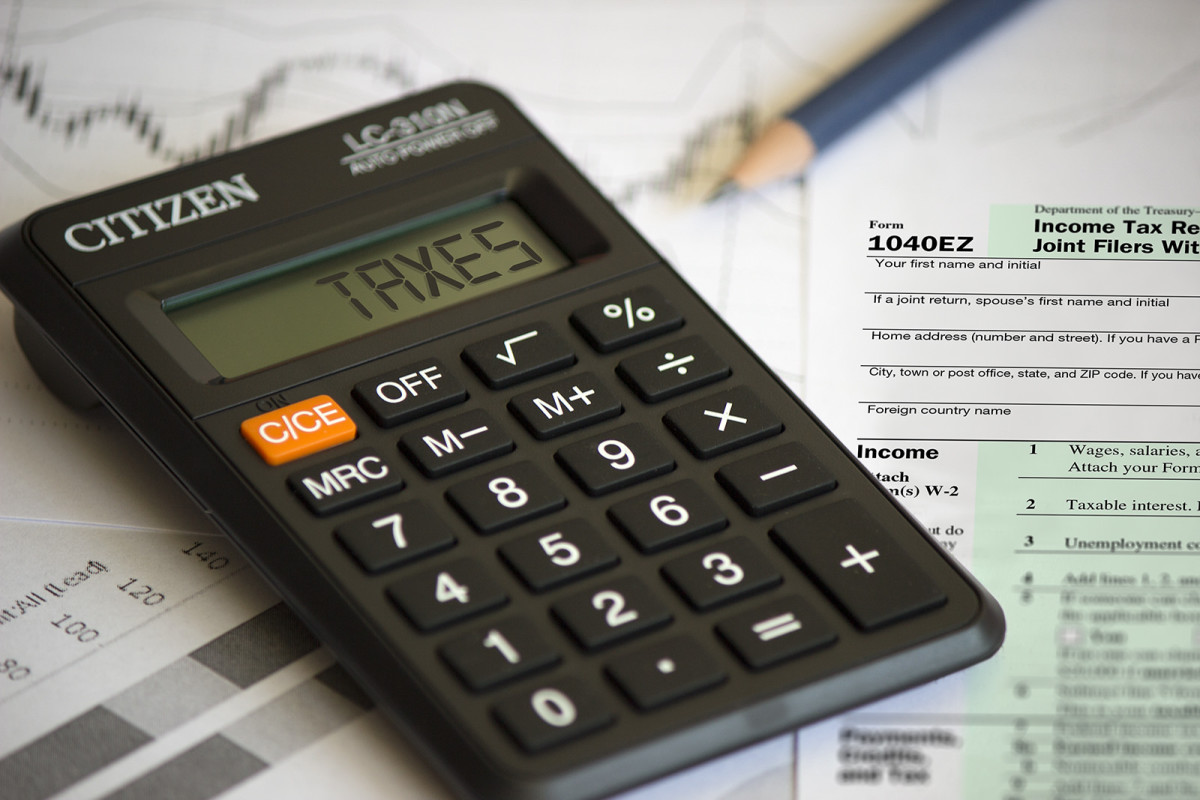Thomas Mangold, a tax expert in Austin, is kind of like a doctor. His friends and family always want his advice – for free, of course.
The question he gets asked the most? “What can I do at the last minute to pay no income tax whatsoever?” Mangold says.
His answer: “That’s not realistic.”
Still, if you own a business, Mangold has some tips for you. If you don’t, worry not, he has some tips for you too.
Let’s start with business owners – a warning to the rest of us – this may make no sense unless you understand something called Section 179. That allows businesses to deduct the full purchase price of financed or leased equipment, including software.
Congress just made changes to Section 179. As of December 18th, the $500,000 deduction is permanent as long as you get that equipment by the last minute of the last day of 2015. But business owners, before you go on a shopping spree to cut your taxes, Mangold says beware.
“Don’t base major financial decisions just on the tax law, look at what your business needs first and what your individual needs are,” Mangold says.
Mangold says that if the purchase is a want and not a need, the tax benefit may not offset the cost.
“If you spend that money this year, especially if you financed that purchase, you are going to have outgoing cash flow in future years with no tax benefit,” he says.
Also, if you own your building, you will be able to deduct up to $10,000 in repairs and improvements.
For people who don’t own a business, Mangold says the first thing he typically tells people is to make sure you’re really maximizing your retirement savings before we look at other little things that you can do.
Some questions to keep in mind: If you have a 401K, are you contributing the maximum allowable? If you have an IRA, or Individual Retirement Account, can you start saving a little more?
“Even if you did not do that during the year, the IRS deadlines are a little bit later for some of those items,” Mangold says.
Say Santa got you some money this Christmas, you could pay a lump sum to your 401K, catch up to your maximum allowable contribution for the year, and as long as you do it by December 31, you can claim that in this year’s tax filing.
“And then, for Individual Retirement Accounts, those contributions have to be in by April 15th,” Mangold says. “For self-employed people, the filing deadline for the return typically is October 15th.”
If you’ve never deducted your sales taxes – something Texans can do since the state doesn’t have a state income tax – this may be the year you start doing so. But does that mean I have to have all of the year’s receipts?
“You don’t have to, the IRS gives us a table based on income,” Mangold says.
But do make sure to add the sales taxes of major purchases, like a car.
Here’s a quick review of what we just learned:
If you own your business (1) look up Section 179 and (2) the franchise tax. Both received major changes this year.
If you’re simply filing as an individual, like most of us, try to (3) maximize your retirement accounts, (4) deduct your sales taxes and (5) pre-pay your property taxes for 2016 and deduct them in 2015.















